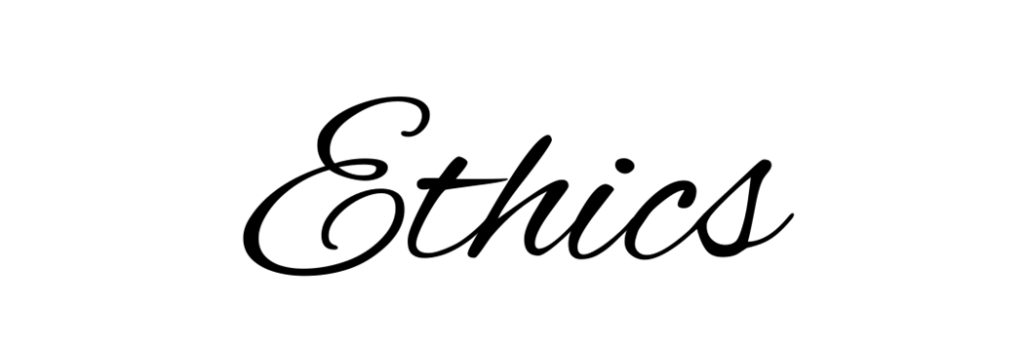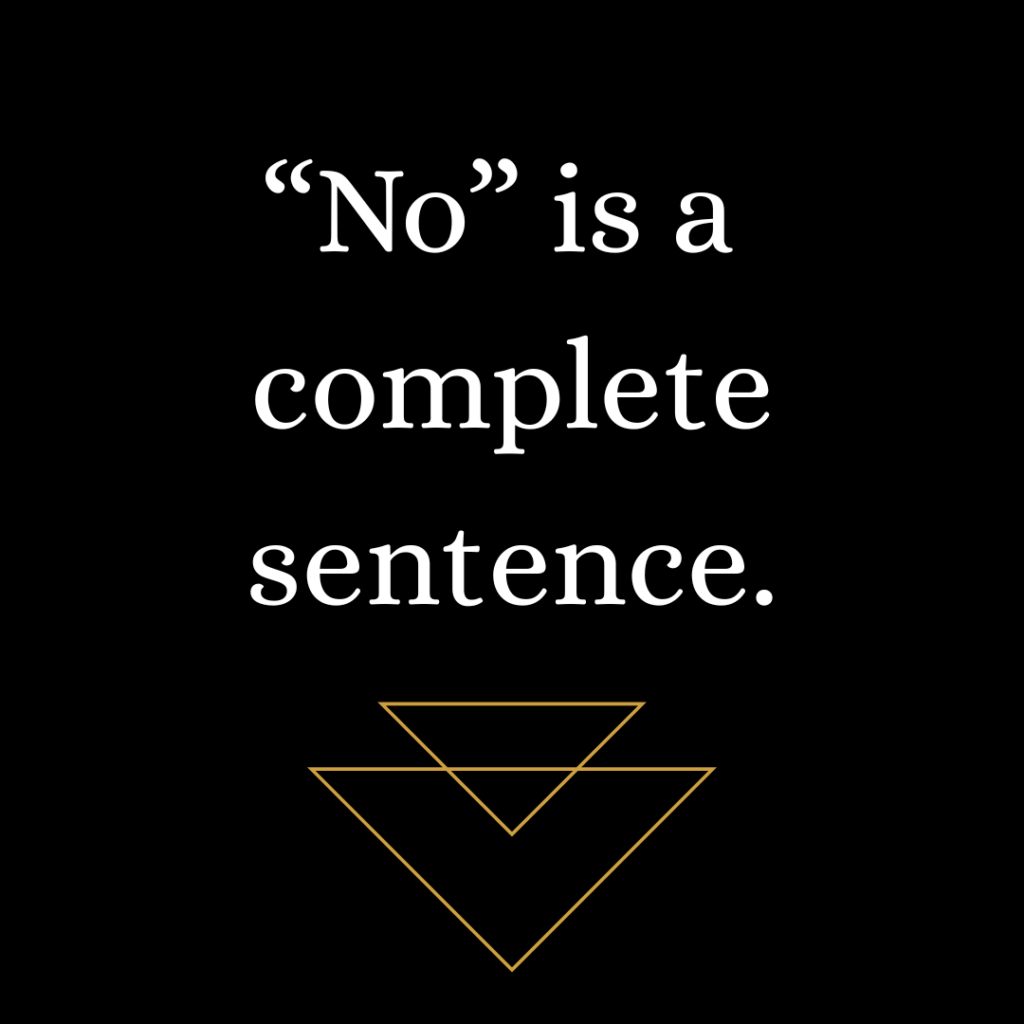Sticking to Your Guns: When to Tell a Qualitative Client No
In qualitative research, fostering strong Client relationships is often rooted in adaptability, collaboration, and open-mindedness. However, there are moments when the most professional and responsible action is to draw a line in the sand and say “no.” Knowing when and how to do this can define your credibility, safeguard the integrity of your work, and serve the Client’s best interests.
Protecting Methodological Integrity
A Client may request changes that compromise the methodological soundness of a study, such as suggesting leading questions, rushing recruitment, or narrowing sample criteria too far. In such cases, it’s essential to push back. By explaining the rationale behind your methodology and the potential consequences of altering it, you demonstrate both expertise and commitment to delivering meaningful insights. Clients may not always grasp the ripple effects of methodological tweaks, so education becomes a critical part of the conversation.

Upholding Ethical Standards
Ethical dilemmas can also arise, such as when a Client pushes for confidentiality breaches or misrepresentation of findings. These are clear red lines. Being prepared with a principled stance and citing industry guidelines (like those from QRCA or ESOMAR) not only protects Participants and your reputation but also reinforces your role as a trusted advisor.

Respecting Moderator Ethics and Comfort
At times, Clients may request research on topics that a Moderator finds personally distressing, offensive, or ethically troubling. Whether it’s due to cultural sensitivity, past trauma, or moral conflict, it’s entirely valid for a moderator to decline such projects. Prioritizing your well-being and ethical alignment is not unprofessional — it’s essential. Discussing these boundaries openly and respectfully can prevent misalignment and maintain integrity for all parties involved.
Conclusion: Saying No as a Strategic Yes
Saying “no” to a Client doesn’t have to be adversarial. Framed correctly, it communicates professionalism, builds respect, and preserves the quality of the work. In qualitative research, the goal is to illuminate truth, not to confirm bias or cut corners. By sticking to your guns, when necessary, you ensure that your work remains valuable, actionable, and credible—for everyone involved.
Written by: Jo Ann Hairston, Owner/Master Trainer/Master Moderator

